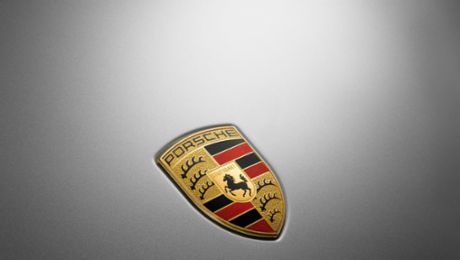Responsible and future-oriented action has always been one of the most important pillars of the Porsche corporate culture. One of the guiding principles of Ferry Porsche, the founder of the sports car brand, is as follows: “The Porsche, as I have always understood it, is more than just an automobile; it is my philosophy of the freedom of individual mobility, which should serve mankind but not burden it!” Among other things, this principle is expressed today by the Porsche Sustainability Council, which was set up in November 2016 to provide advice to the executive board and serve as an initiating body for economic, ecological and social issues.
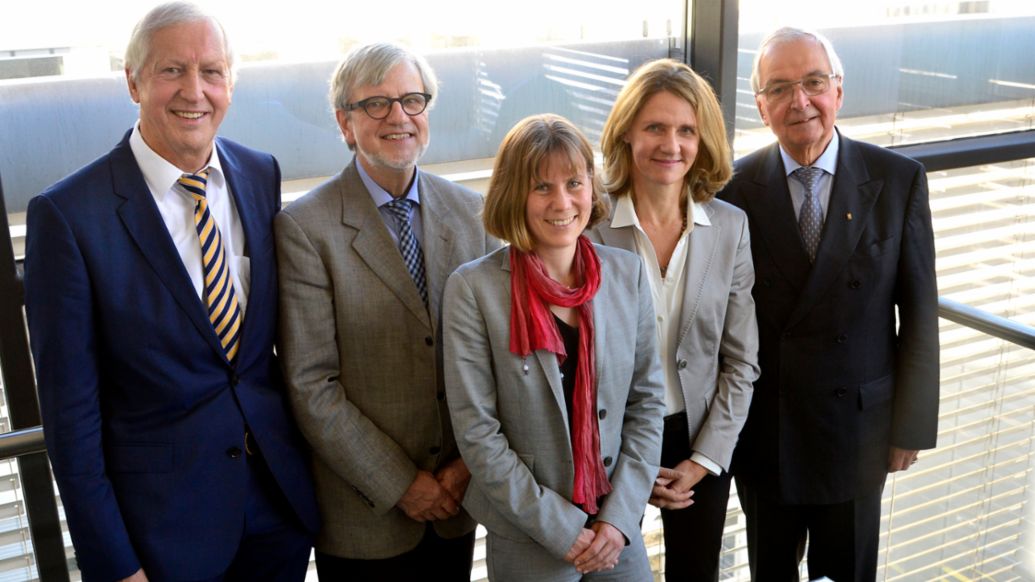
The committee is made up of renowned experts from the fields of science, politics and civil society. It provides the company with advice, and issues recommendations on the steps it deems necessary for Porsche to become the most sustainable brand for exclusive and sporty mobility. This is where nudging can play a part. Using this method, which is well established in the social sciences and economics, consumers are given little stimuli (‘nudges’) through information bits (e.g., reminders, hints about what others do, feedback of one’s own behaviour) and certain incentives (e.g. , peer group approval, adherence to accepted social norms) and are therefore ‘nudged’ in a certain direction, or to act in a certain way, through intentional design of the decision-making environment (e.g. a website).
Nudging in various fields
The important thing is that nudges should not manipulate people, but instead help customers to achieve the goals they have set themselves more easily. Common nudges include warnings on cigarette packets, the notices in hotel rooms stating that “9 out of 10 guests” reuse their towels, or default settings (e.g., ticked boxes) on airline websites for offsetting the carbon emissions per flight. Nudges do not use either prohibitions nor economic incentives. Instead, they leave it up to people to decide freely, for instance by deselecting a default option on a website (e.g., choosing not to compensate emitted greenhouse gases of a flight or rental car drive while booking online). The decision is a free one, but the more sustainable alternative is designed as the obvious, easy, preferred option.
The concept of nudging can be traced back to social scientist and Nobel Prize winner, Richard Thaler, and legal scholar and Harvard professor Cass Sunstein. Porsche sought a dialogue with Professor Sunstein as part of its sustainability strategy, with contact being established by Professor Lucia Reisch, the Spokesperson of the Sustainability Council. Sebastian Rudolph, Vice President Communications, Sustainability and Politics at Porsche, and Daniela Rathe, Director Politics and External Affairs, talked to both about how the strategy of nudging could play a role for the sports car manufacturer to become more sustainable.
Positive stimulus or negative interference: what is a nudge? And why does it sound like manipulation?
Daniela Rathe: What role can nudging play in this context? Perhaps you could briefly explain what is behind this approach, Professor Sunstein.
Cass Sunstein: A nudge is an intervention that might steer people, but lets them make their own choices. It can originate from a company, a doctor, or a government. It is important to note that a nudge does not eliminate freedom or personal responsibility. Everyone retains their freedom of choice, but is guided in a direction that can make their life better. A GPS device is a nudge. As are orientation systems in airports that guide us to the right gate. Nudges make it easier for us to navigate through life, and perhaps make us a little healthier and a little wealthier. But we can still go our own way.
Daniela Rathe: Critics complain that nudges manipulate people. Is there a risk of that? How narrow is the dividing line between nudging and manipulation?
Lucia Reisch: Cass Sunstein and I have conducted several studies on the acceptability of nudges as seen by citizens worldwide. Two things stand out: nudges must be transparent and they must have a legitimate goal. That sounds simple, but there is a whole process behind it. We need a public discussion about this. Take smoking as an example: people essentially know that smoking damages their health. Nudges can help them to find their own way, in the form of warnings and pictures on cigarette packets, for example. No-one prohibits people from smoking, but they are made aware and reminded in a very emotive way of something they most likely already know, but might push away to be more comfortable with their choice to smoke.
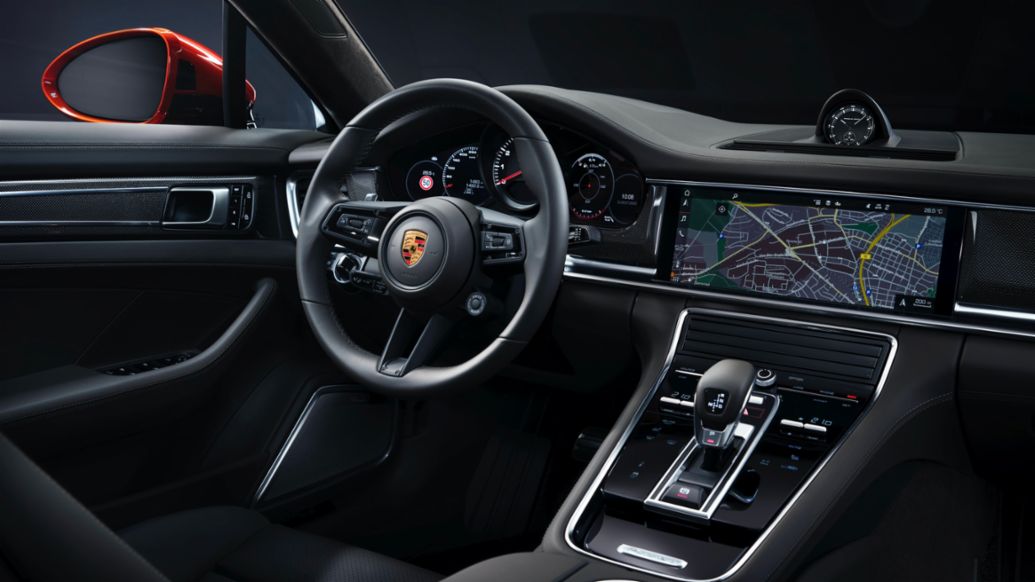
Cass Sunstein: Last week I had my annual medical check-up and was reminded about it in advance by a text message. Was that manipulation? No, it was important information for me. Or, if the number of calories is provided on food packaging: does that manipulate me or stop me from eating what I want? Not at all. If you automatically enroll in a pension plan when you sign an employment contract, but are made aware of the fact that you can cancel this option at any time, that is not manipulation. The problem is perhaps related to the word ‘nudge’ itself, which is sometimes misunderstood or intentionally misrepresented as a ‘push’ against somebody’s will. Most nudges are related to information – in the right form, at the right time, in the right place and appropriately designed. That is not manipulative. If anything, it is the opposite of manipulative.
Law versus behaviour: are existing laws insufficient? Is it necessary to force your will on other people?
Daniela Rathe: Mr Sunstein, what makes a legal scholar like you interested in the subject of nudging? This goes well beyond the legal area into politics. Your standard work on the subject has the subtitle “Improving Decisions about Health, Wealth, and Happiness”. However, in the area of law, the things that you have to do tend to be prescribed.
Cass Sunstein: I have to go a step further back there: in the civil rights movement in the 1960s, it was about freedom of speech, human dignity, and equality, but also about the fact that everyone should have access to clean air and clean water. It was, so to speak, the first environmental movement. US President Richard Nixon supported this in law (clean air, clean water) at the time, and since then legal scholars all over the world have been discussing the question of how this law can be applied in order to achieve the desired social goals. There are legal texts that prohibit certain things, but are in effect nothing more than paper. There can also be norms that change how we behave in society in a positive direction. That in turn is a question which occupies legal scholars in a broader framework: what guides societies? When they change, why is that?
Daniela Rathe: That is an extremely interesting approach, which is not discussed as much in Germany, at least in the area of law, because the dividing line between law and politics is drawn much more clearly here. Ms Reisch, you investigate the things that motivate societies from an economic and social sciences perspective. You are very active in the area of sustainability in particular. What motivates you?
Lucia Reisch: As a behavioural economist, I was interested right from the start in the question of what makes people change their behaviour. Many factors play a part here, frequently personal things, but also public order. In the latter area, I see both a need for action as well as tremendous opportunities to ensure that the topic of sustainability does not just receive negative headlines. In contrast, a certain enthusiasm for it can be created in wider society. Let's be honest: it is no longer possible to overlook the urgency of the topic.
Stop. Enough with the nudging: where are the limits?
Sebastian Rudolph: Are there situations where people do not want to be nudged, and even view it as annoying? I am thinking here about the current election campaign in the US, for example. Election posters are also nudges in a way. If my neighbour puts up a poster in their front garden, I could even feel disturbed by that as a supporter of the opposite side. Is there a kind of stop sign for nudges for certain topics? Or is there always a place for them?
Cass Sunstein: That's a great example. Nudges will probably not be successful if they contradict clearly defined values and beliefs. Vote for a party that does not correspond to your values in any way? That will never work. It is similar in a food store: a vegetarian will never buy meat products simply because they are positioned within easy reach on the shelves, while they have to bend down or stretch upwards for vegetarian products. Nudges are most likely to work if they are consistent with the values of the target group. Someone who enjoys eating salty food could be motivated to change their diet by the information that excessive consumption of salt is hazardous to health - because their health may be important to them. The fact that some nudges do not work is actually good news, because they are subject to the free decision-making processes of every individual at all times.
Intervention in the free economy: should subtle methods replace clearly stated and discussed rules in a free opinion-forming process?
Daniela Rathe: We are talking here on the one hand about civic duties, but companies are also part of this civil society. What part does the automotive industry play here? And what is expected of companies like Porsche?
Cass Sunstein: I see two sides to this: first, a company must deliver good performance on the market. It's about making good cars, selling them and keeping customers and shareholders satisfied. Second, like every individual, these companies also have the obligation to ensure that their actions are in accord with their conscience, including the environment, including clean air. And conscience actually matters. There are companies in many different sectors that are successful both in terms of sustainability and profitability – and they achieve this because they have chosen the path of sustainability. This shows us that it is possible. At the same time, compromises are necessary in some areas. Look at the exit from the coal industry, for example: the people working there naturally have a justified interest in keeping their jobs. In this case, a ‘green deal’ that takes into account these social aspects is essential. This has given rise to controversial discussions, both in the US and in Germany. However, these discussions are in fact the best way of finding the right path of action when it comes to this issue.
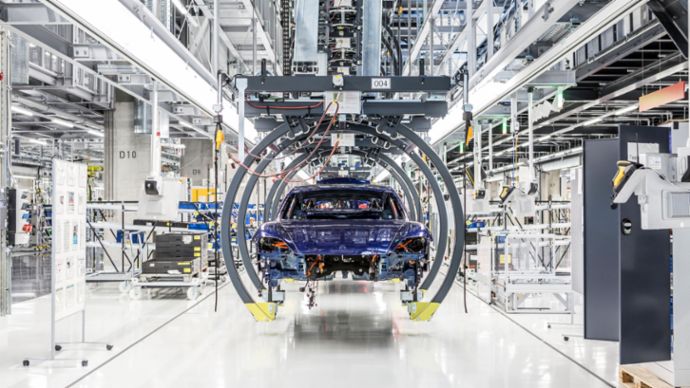
Daniela Rathe: How much state involvement is needed for this? Some, like the Fridays for Future movement, demand more rules, while others want less state interference.
Cass Sunstein: I think that we need both a government that can protect us against external effects such as air or water pollution, as well as a flourishing private sector from the energy suppliers and the automotive industry right up to the manufacturers of household appliances. After all, what do consumers actually want? They want well-functioning but also inexpensive or at least not excessively expensive products, and products that at the same time are in line with their moral expectations. These products exist. And they exist because we have free markets.
Lucia Reisch: Interestingly, there is a high degree of acceptance for even strict rules among the population of democracies – provided that they have been developed in a transparent process with the involvement of citizens and that trust in governments is substantial. In other words, the political bodies must provide explanations, and a public debate must be conducted about the necessity of certain measures. Think about the smoking bans in restaurants and public buildings. In Italy, for example, there were warnings that tourism would collapse as a result. And what happened? Nothing. Similar with mask wearing orders.
Sebastian Rudolph: Let me come back to Porsche. As you said before, companies must first manufacture good products to satisfy shareholders and customers. Porsche is hopefully perceived as a good brand in this context because we manufacture high-performance, high-quality sports cars. However, the public tends not to associate sports cars with sustainability. The task is therefore to convince the public that Porsche is the manufacturer of not only the best but also the most sustainable sports cars. How can nudges be used for this?
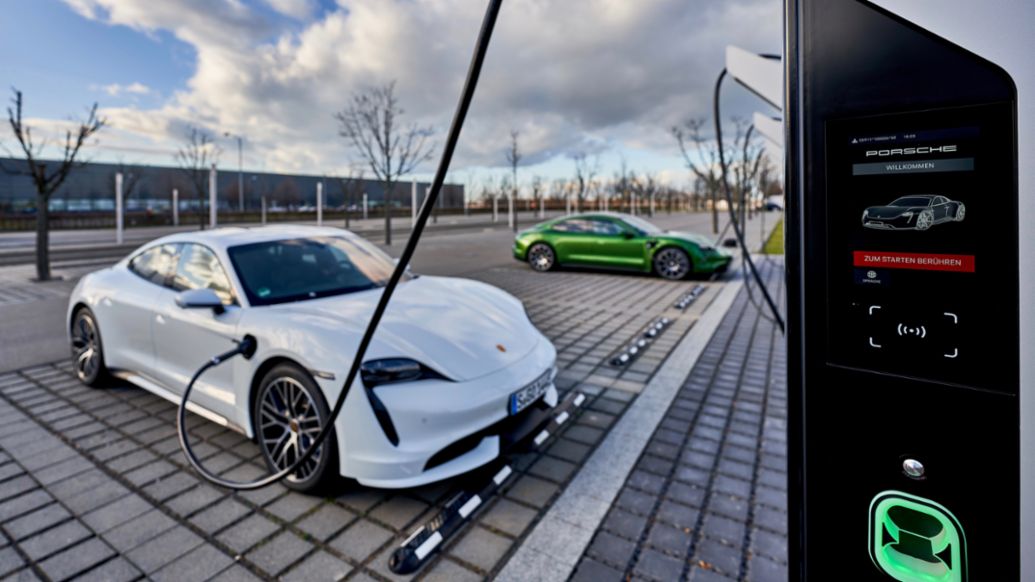
Cass Sunstein: We must take into account here the fact that consumer preferences change over the course of time. It is quite possible that the pure power of a car was decisive for the decision to purchase a few years ago. And many people would like to have a powerful sports car. That is also an expression of our freedom in the society. At the same time, however, these people want to bring their lives more in line with the measures needed to deal with the climate crisis. They will therefore perhaps decide to buy a vehicle that has less power, but is much more sustainable. In the last two years in particular, we have seen massive changes in customer behaviour as regards sustainability. Fundamental values are involved here. And that also affects business and the economy. This is where the moral responsibility mentioned by Professor Reisch comes into play. Being aware of this responsibility and understanding it as part of an entrepreneurial commitment is without doubt also desirable from an economic point of view.
What does moral responsibility actually mean?
Sebastian Rudolph: When you talk about moral responsibility: Porsche has always been involved in societal and social areas. We greatly expanded this commitment during the coronavirus lockdown. We supported hospitals, made vehicles available to transport aid supplies, helped those in need. Our commitment suddenly became visible to many people who had previously seen Porsche as a company that produces fantastic cars for the super-rich but is not otherwise concerned about society. But that was not our intention. Social commitment has always been part of our corporate culture. But is that not in the end also a kind of nudge?
Cass Sunstein: First of all, I think it's great if companies help people in need. I see charitable actions less as a nudge, but more as a separate category, in the sense that incentives are provided for others to imitate them. A charitable action can be the signal for someone else to also show social commitment, no matter whether on a large or small scale. One small good deed can change the world – at least for one person. Without a doubt, that is a good way to use your time.
Info
Since 2010, Prof. Dr Lucia A. Reisch has been a member of the German Council for Sustainable Development and she has also been the Director of the Research Centre for Consumers, the Market and Politics at the Zeppelin University of Friedrichshafen since 2012. She is also a professor at the Copenhagen Business School in the Department of Intercultural Communication and Management.
Cass R. Sunstein is currently the Robert Walmsley University Professor at Harvard. He is the founder and director of the Program on Behavioral Economics and Public Policy at Harvard Law School. In 2018, he received the Holberg Prize from the government of Norway, sometimes described as the equivalent of the Nobel Prize for law and the humanities. In 2020, the World Health Organization appointed him as Chair of its technical advisory group on Behavioural Insights and Sciences for Health. Sunstein is author of hundreds of articles and dozens of books, including „Nudge: Improving Decisions about Health, Wealth, and Happiness“, which he published with Richard H. Thaler in 2008.
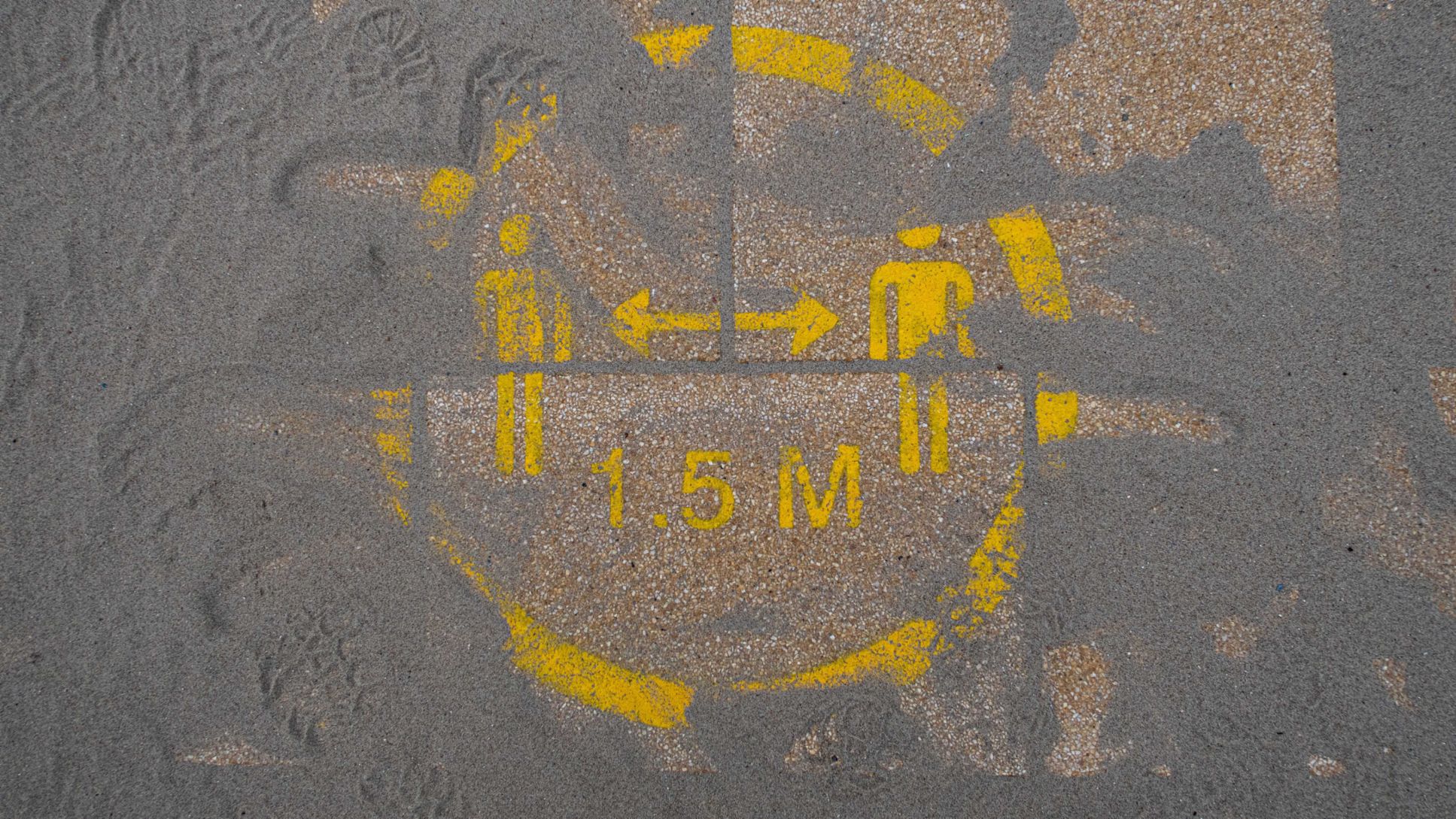
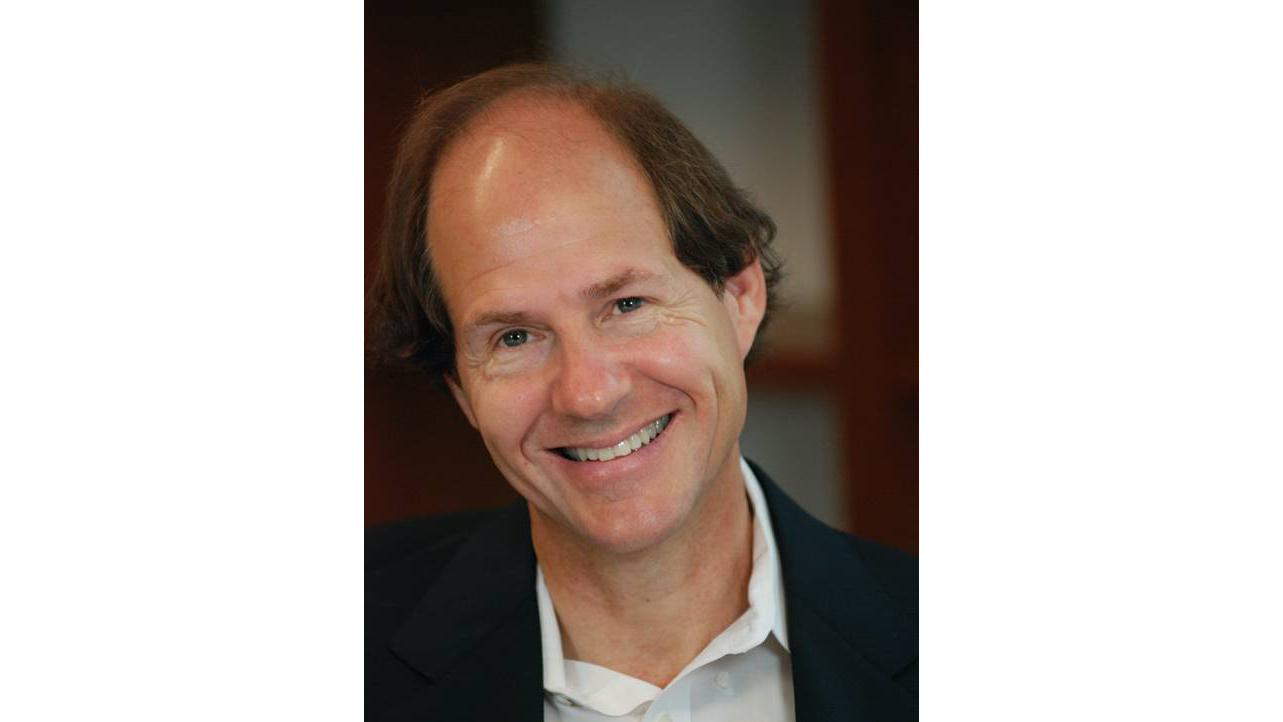
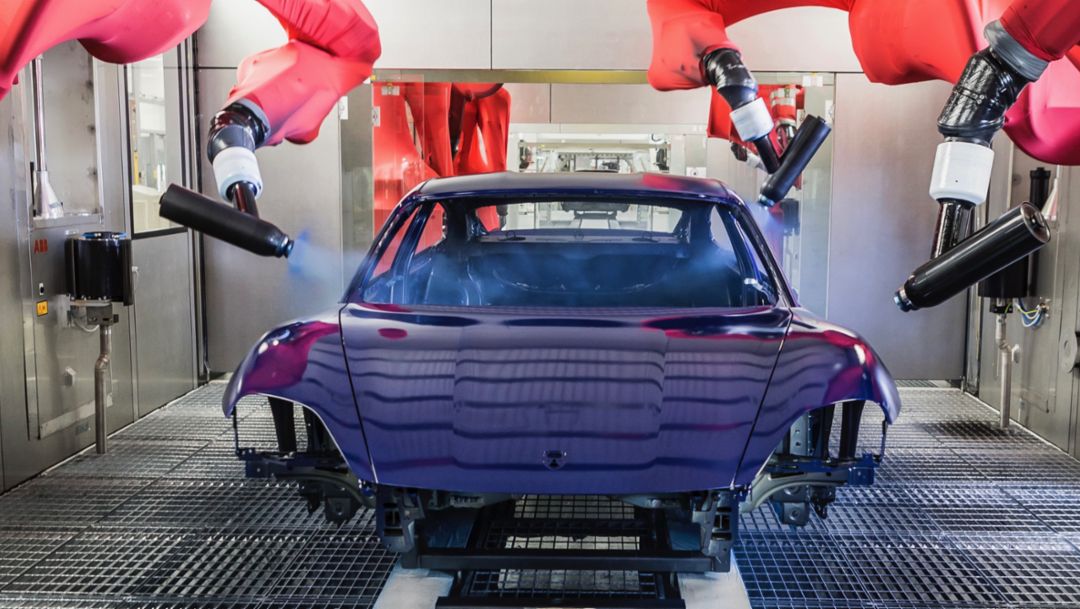
-Speedster/b-SilverSpeedster_061.jpg/jcr:content/b-SilverSpeedster_061.jpg)




